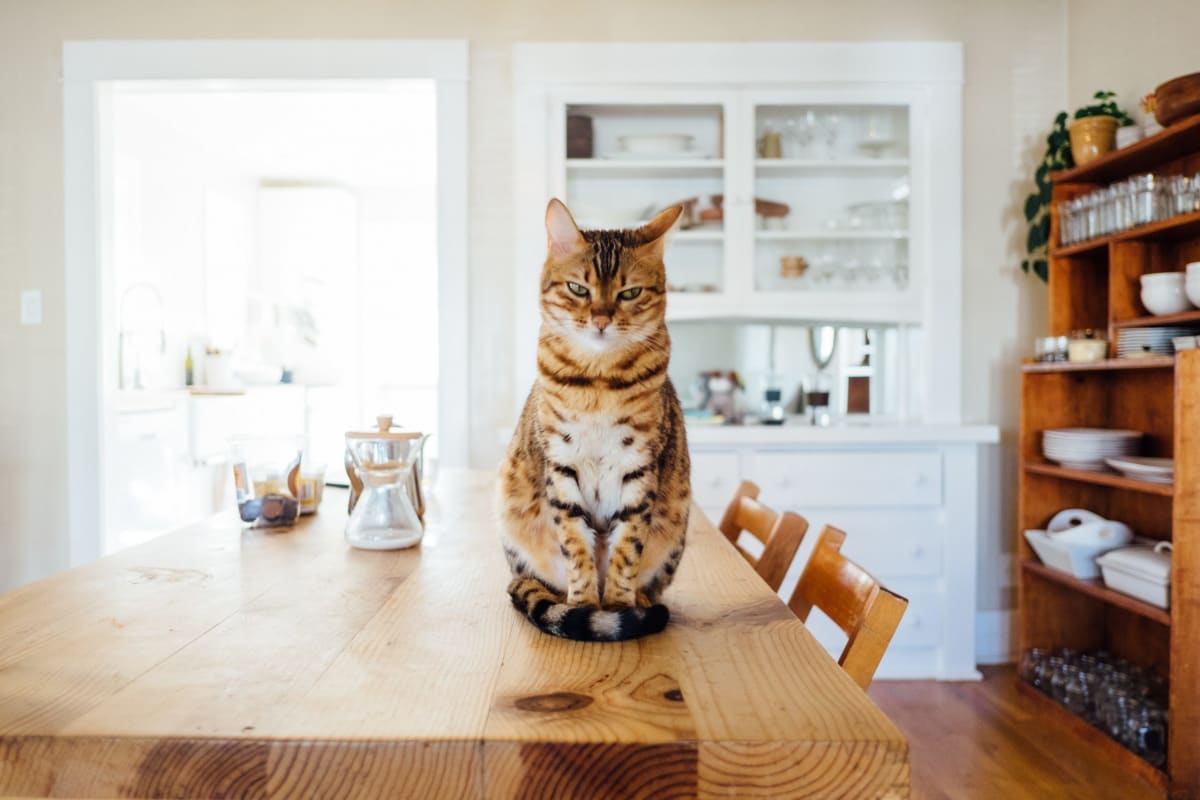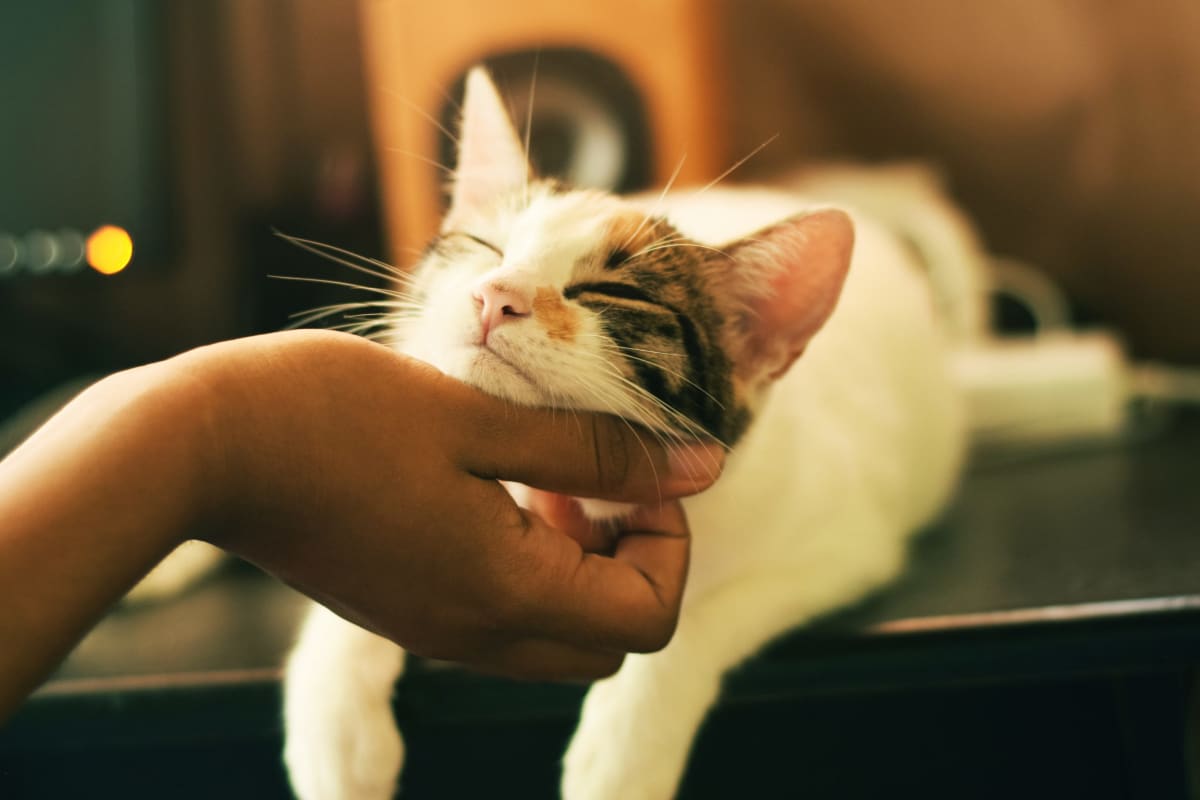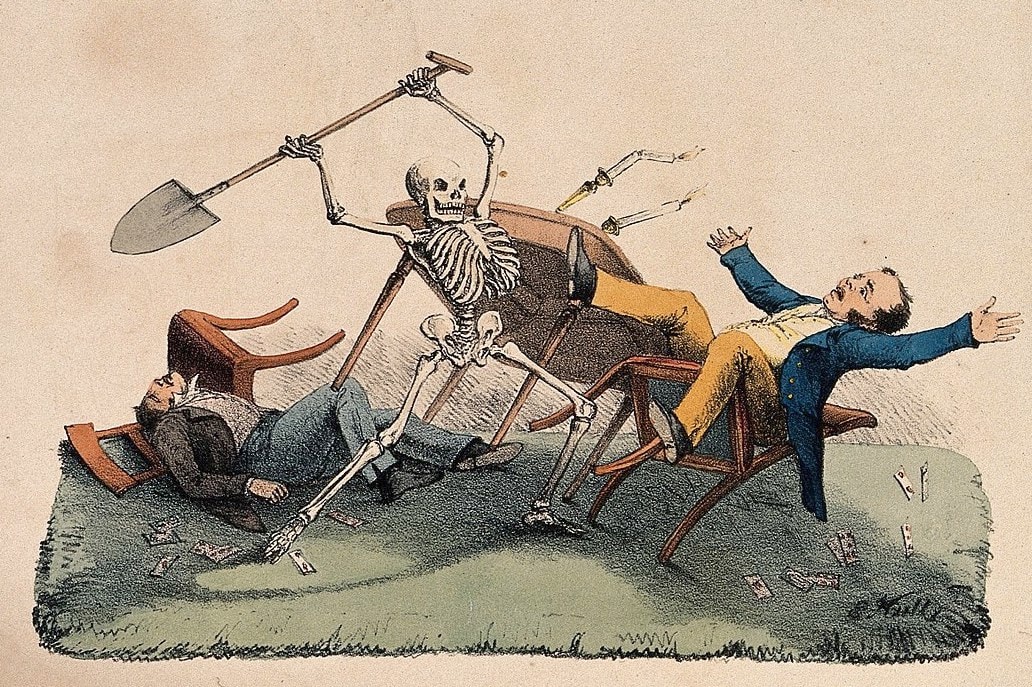
Do I need a will if I am married?
It’s a question we hear a lot. And, being in the will writing business, perhaps it’s unsurprising that our answer is almost always Yes, you do. We would say that, wouldn’t we?
But for most people, married or not, a will really is an essential step. Especially as time goes on and your family grows.
So, what’s the deal with marriage and wills? What happens if you die without a will? Here’s what you need to know.
Do you need a will if you are married? 5 things to consider…
1) Without a will, your spouse might not inherit as much as you’d think
A lot of married people put off making their will because they think their partner will inherit their whole estate anyway.
And don’t get us wrong: if you’re married and you die without a will, your spouse will reap some substantial benefits. You might want to remember that the next time you put off taking the bins out. But (contrary to popular belief) they won’t necessarily get everything – it all depends on your family and the size of your estate.
So, your spouse may well get your whole estate. They may not. Either way, you should still make a will. Why?
If your spouse inherited your estate and then remarried, their new husband or wife would be entitled to all or most of their estate in turn.
2) Leaving your estate to your partner isn’t always the best idea…
However much you love your husband or wife (and we’re assuming it’s a lot – if not, step this way…) you still might not want them to inherit everything you own.
For example, you may prefer to leave most of it to your children to make use of, or set some funds aside for your parents’ care as they get older. You might want to make sure a few family heirlooms go to your siblings, or leave personal gifts for your close friends. To do any of these things, you need a will.
One other thing to think about is remarriage. If your spouse inherited your whole estate and then remarried, their new husband or wife would be entitled to their estate in turn. In the end, this could cut your children off from inheriting anything at all.
3) Remember, a will is about more than just money
If you have children under the age of 18, a will is essential. Why? It’s the only way to have a say in who would look after your kids if you died.
With a will, you can name guardians: people you trust to raise your children with the same care and values as you. Without one, the local council or a family court will decide for you. They might even choose someone you and your kids don’t like – like the uncle who always brings up Brexit at the dinner table.
The same goes for pets. With a will, you can choose pet guardians to look after your furry (/ scaly / feathered) friends. Without one, your pets might be left homeless. Who will scratch Fluffy’s belly when you’re gone?
4) Inheritance tax is out there … waiting …
Anything you leave to your husband or your wife in your will can’t be taken in inheritance tax.
Inheritance tax (or IHT) isn’t due on every estate. But if it is due (and property owners need to watch out here) it is taken at a rate of 40% of everything. Ouch.
With a will, you can control what your partner inherits from you – and limit how much (if any) IHT is due. They’ll also get your unused allowance, letting them pass on up to £650,000 tax-free. Win-win.
When someone dies without a will, their family loses £9,700 on average in lost assets.
5) A will can save your family a lot of worry
We often underestimate how reassuring it can be to know that a loved one’s wishes have been followed. With a will, your family can be sure that they’re doing the right thing with your legacy. It can also prevent arguments: things can be settled fairly, averting a bitter feud over who-got-mum’s-engagement-ring.
The other thing to think about is how complicated your estate likely is. Have you told your family where all your pensions are kept? What about stocks, shares – all those other little assets you pick up over time? When someone dies without a will, their family misses out on an average of £9,700 in lost assets. You can prevent this.
And don’t forget, Beyond can help
It costs just £135 for you and your partner to each make wills on Beyond. And it takes just 15 minutes to get everything sorted. No lengthy visits to a solicitor’s office, no hassle: you can do it all from the comfort of your own home.










